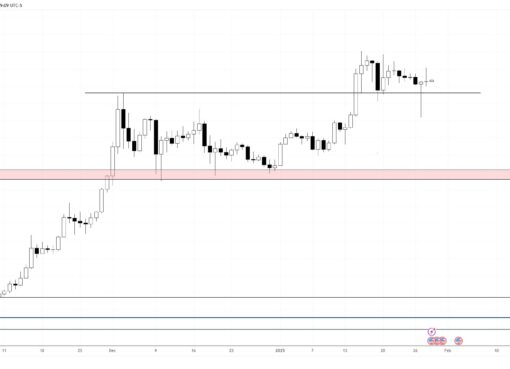Former U.S. Secretary of State Hillary Clinton has warned that the U.S. defaulting on its debt obligations could lead to a global financial meltdown. “If Congress keeps flirting with default, calls for dethroning the dollar as the world’s reserve currency will grow much louder,” she stressed.
Hillary Clinton on U.S. Debt Default and Dollar Losing World’s Reserve Currency Status
Hillary Clinton, a former first lady and the U.S. Secretary of State from 2009 to 2013, warned in an opinion piece, published by the New York Times Monday, about the disastrous outcomes that could result from the U.S. defaulting on its debt obligations, including the risk of the dollar losing its status as the world’s reserve currency.
“The debt ceiling debate is not about authorizing new spending. It’s about Congress paying debts it has already incurred. Refusing to pay would be like skipping out on your mortgage, except with global consequences,” Clinton described, warning:
Because of the central role of the United States — and the dollar — in the international economy, defaulting on our debts could spark a worldwide financial meltdown.
Noting that “the competition between democracies and autocracies has grown more intense,” the former first lady cautioned: “By undermining America’s credibility and the pre-eminence of the dollar, the fight over the debt ceiling plays right into the hands of Xi Jinping of China and Vladimir Putin of Russia.”
Clinton opined: “Playing games with the debt ceiling imperils the dollar’s pre-eminent position in the global economy and the power that gives the United States.”
The former secretary of state detailed that the USD is central to international transactions conducted by people, companies, and governments worldwide. They invest in U.S. Treasury bonds and rely on U.S. banks “because they trust that America pays its debts, upholds the rule of law and guarantees stability,” she asserted, adding that it has allowed the U.S. to impose sanctions, such as those against Iran and Russia.
“It’s no surprise that Mr. Xi and Mr. Putin are eager to disrupt the dollar’s dominance and defang American sanctions,” Clinton said, concluding:
If Congress keeps flirting with default, calls for dethroning the dollar as the world’s reserve currency will grow much louder — and not just in Beijing and Moscow. Countries all over the world will start hedging their bets.
A growing number of countries are already ramping up efforts to shift away from using U.S. dollars in trade settlements, including ASEAN countries. Meanwhile, the BRICS nations (Brazil, Russia, India, China, and South Africa) are reportedly creating a new currency that will reduce their reliance on the USD.
Do you agree with Hillary Clinton about the consequences of the U.S. defaulting on its debt? Do you think it will lead to the USD losing its global reserve currency status? Let us know in the comments section below.
Image Credits: Shutterstock, Pixabay, Wiki Commons
Disclaimer: This article is for informational purposes only. It is not a direct offer or solicitation of an offer to buy or sell, or a recommendation or endorsement of any products, services, or companies. Cryptox.trade does not provide investment, tax, legal, or accounting advice. Neither the company nor the author is responsible, directly or indirectly, for any damage or loss caused or alleged to be caused by or in connection with the use of or reliance on any content, goods or services mentioned in this article.




